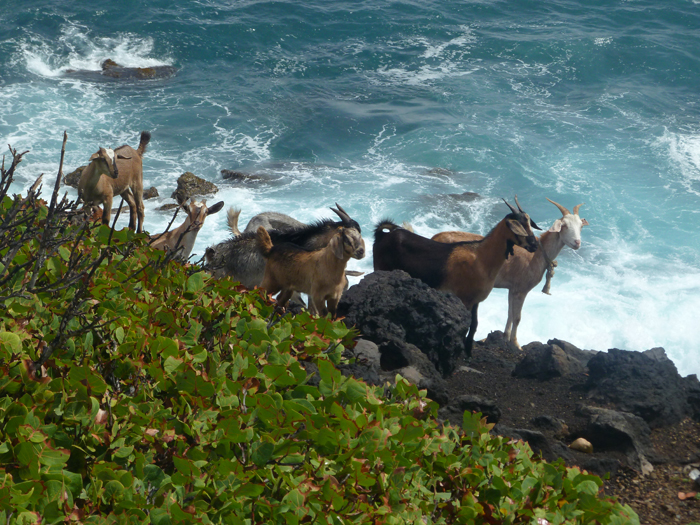The leading question for the Sheep Veterinary Society Congress in May is how small ruminant production efficiency can be improved to sustainably meet the food requirements of the world’s growing human population, writes DR BETH WELLS of Moredun Research Institute.
On a global scale, small ruminant production is important as these animals have adapted to thrive in many of the world’s ecosystems, even the very marginal ones; however, sheep and goat production is frequently inefficient and uneconomic. The aim of the Harrogate congress is to “provide a platform for the translation of applied research findings in the fields of genetics, animal husbandry and disease management into economically and environmentally sustainable utilisation of natural resources by small ruminants in their target environments.”
This is a worthwhile aim, as frequently research and knowledge is fragmented and difficult for producers to access, so pulling research from many areas of sheep health and production together with a broad congress programme could provide a useful platform from which to further disseminate required information.
Professor Julie Fitzpatrick, Director of the Moredun Research Institute, will give the opening day plenary talk, “Global priorities for food security and the role of small ruminants”. Two other keynote speakers from Moredun will present their research: Dr Frank Katzer will discuss “Protozoan parasites as production limiting diseases of small ruminants and public health concerns” and Dr Philip Skuce will talk on ”Global challenges due to small ruminant trematode parasites.”
Following Moredun’s success in developing a world first in terms of a sheep roundworm vaccine, research is active to develop further vaccines, including against roundworms common in UK sheep flocks. Dr Al Nisbet will present “Sustainable production: Protection of sheep against Teladorsagia circumcincta infection by vaccination”. He will outline results from his group’s work on developing a vaccine for the brown stomach worm, within an important EU-funded project called Paragone, which is being led by Moredun (http://www.paragoneh2020.eu/).
The impact of this project is anticipated to be high in terms of sustainable small ruminant production as it does not only focus on developing vaccines against roundworms suitable for commercialisation, but is also targeting liver fluke and ectoparasites, including Psoroptes ovis, the mite responsible for sheep scab. Research continues at Moredun on the development of a vaccine for sheep scab and Dr Stewart Burgess, who leads this research group, will talk about the already commercialised diagnostic developed at Moredun for sheep scab in a case study: “Control of sheep scab on the Isles of Mull & Iona through accurate disease diagnosis.”
This study, jointly funded by Moredun and NFUS, illustrates the potential use of Moredun’s sheep scab diagnostic in a sheep scab eradication plan and how it can be used to ring-fence an outbreak of sheep scab, thereby limiting the spread of the disease.
For more information on the congress see http://www.sheepvetsoc.org.uk/isvc2017 and for information on research at Moredun visit http://www.moredun.org.uk/
Image: Goats on St Kitts, Clare Hamilton


